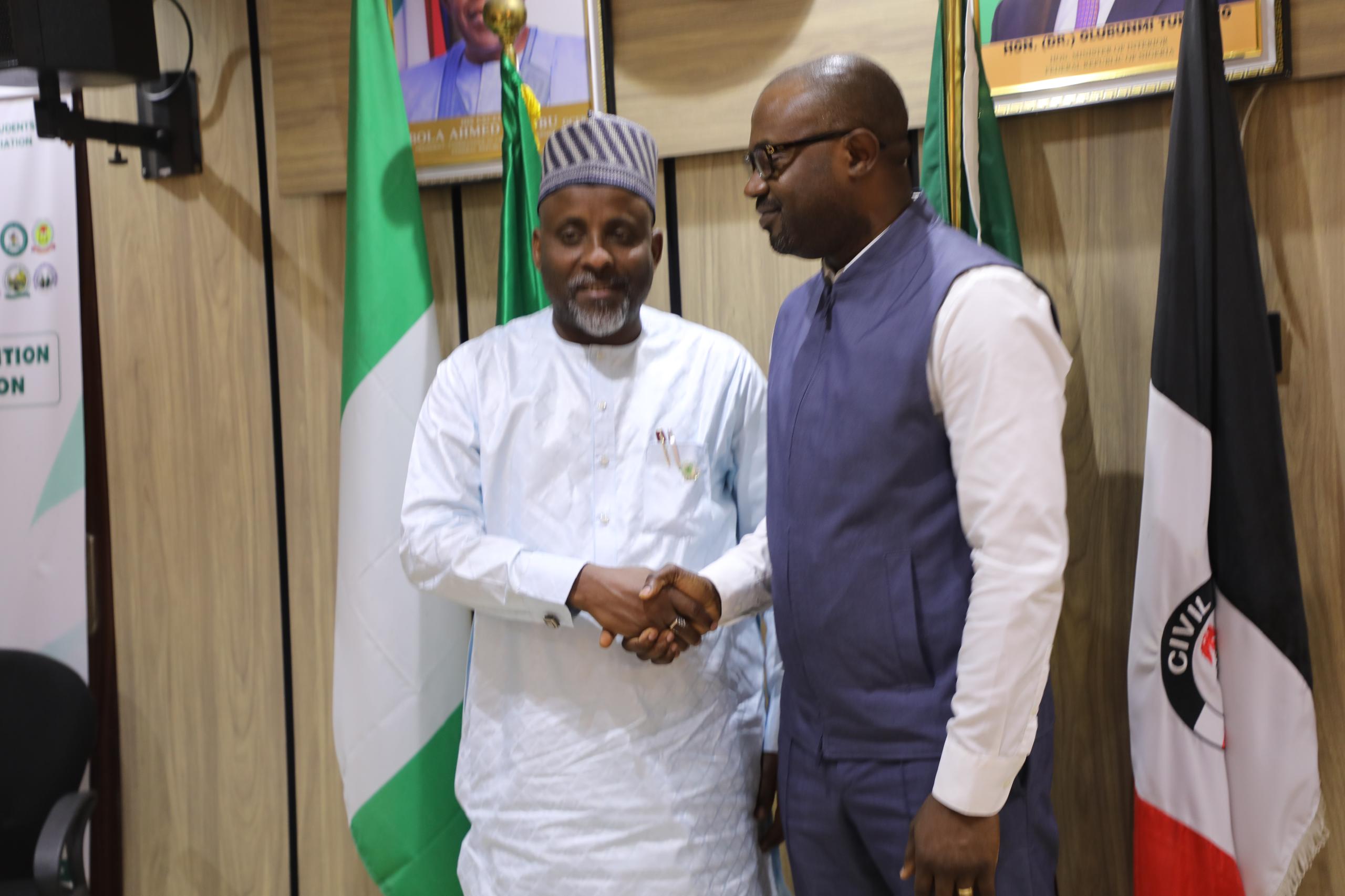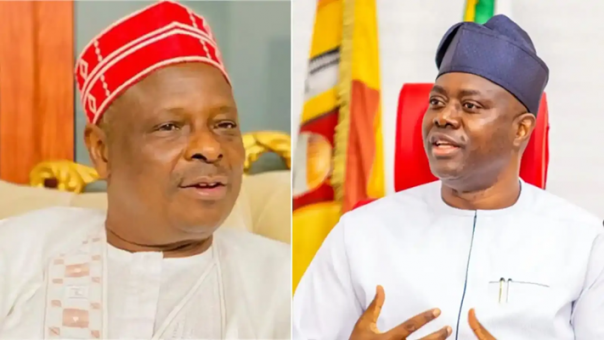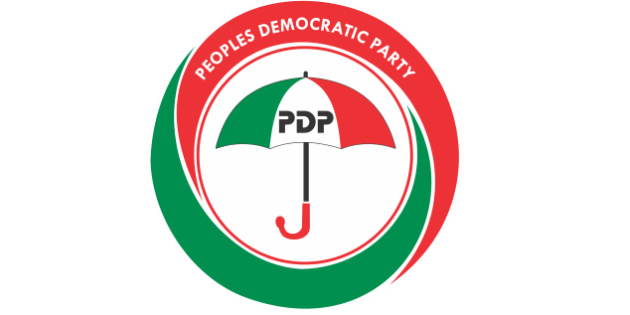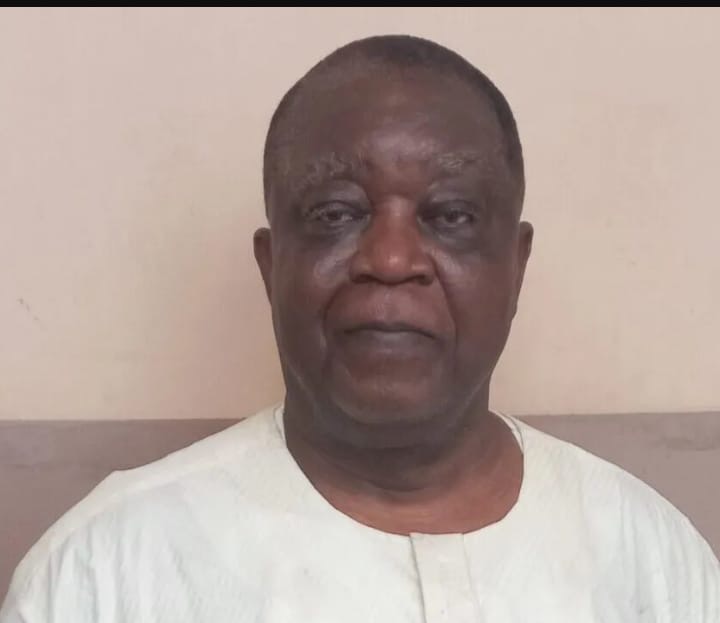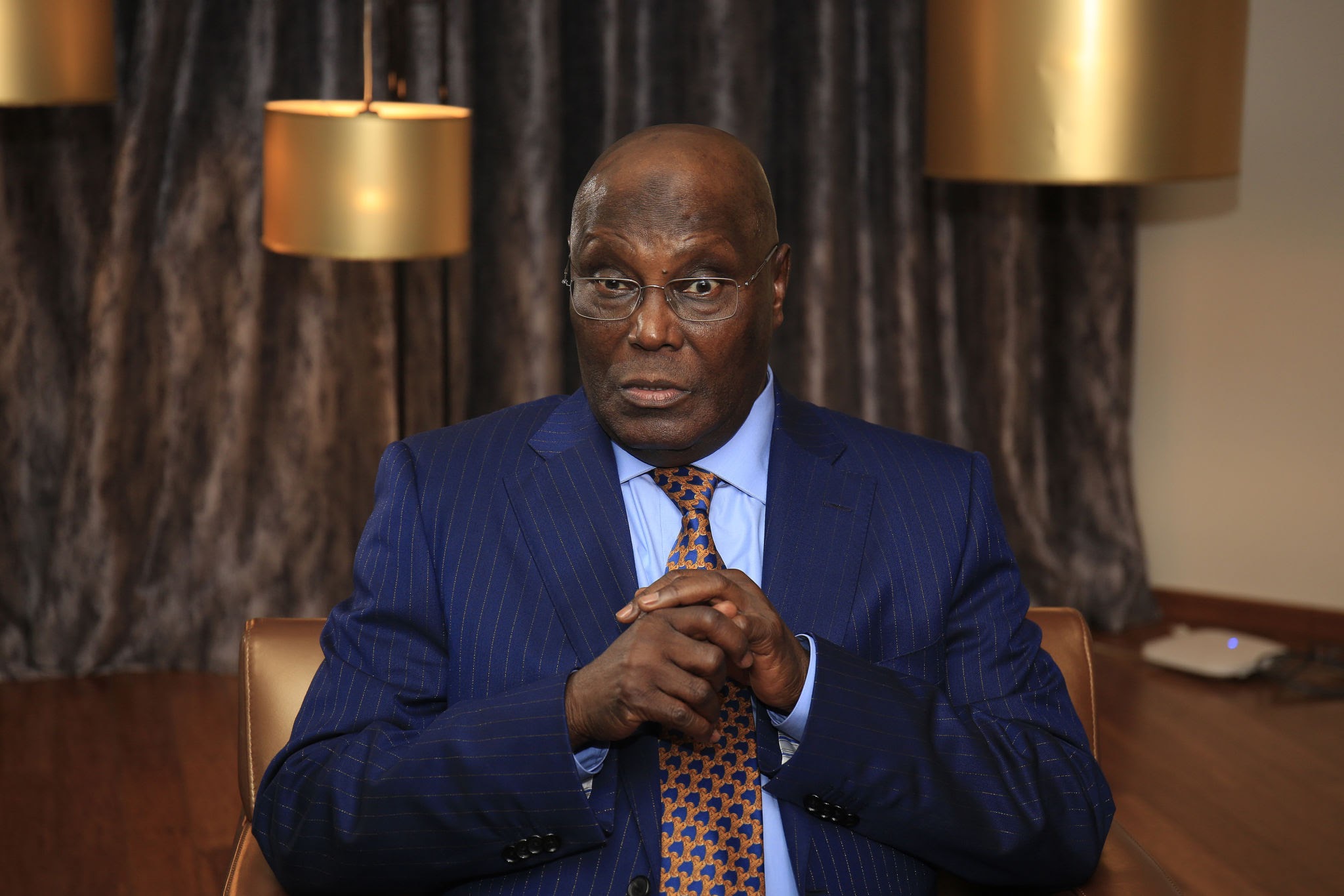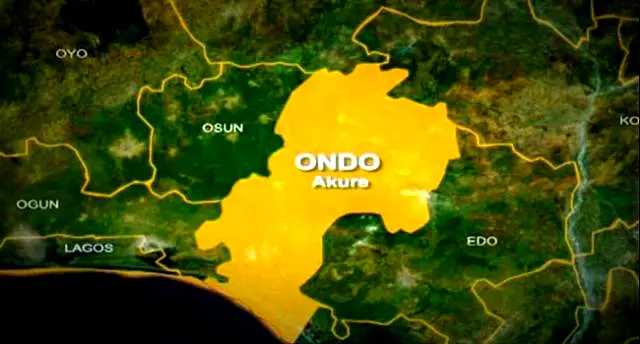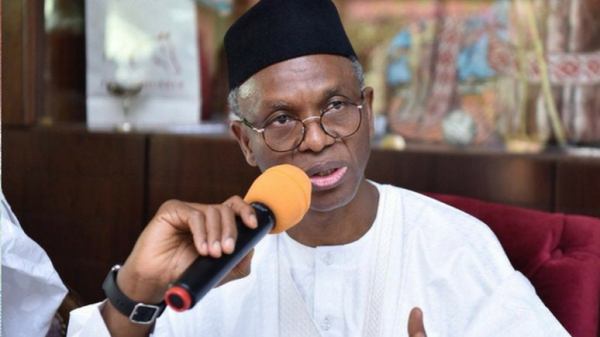News
At 65, Nigeria has pressed reset button for growth, says Rep Benson
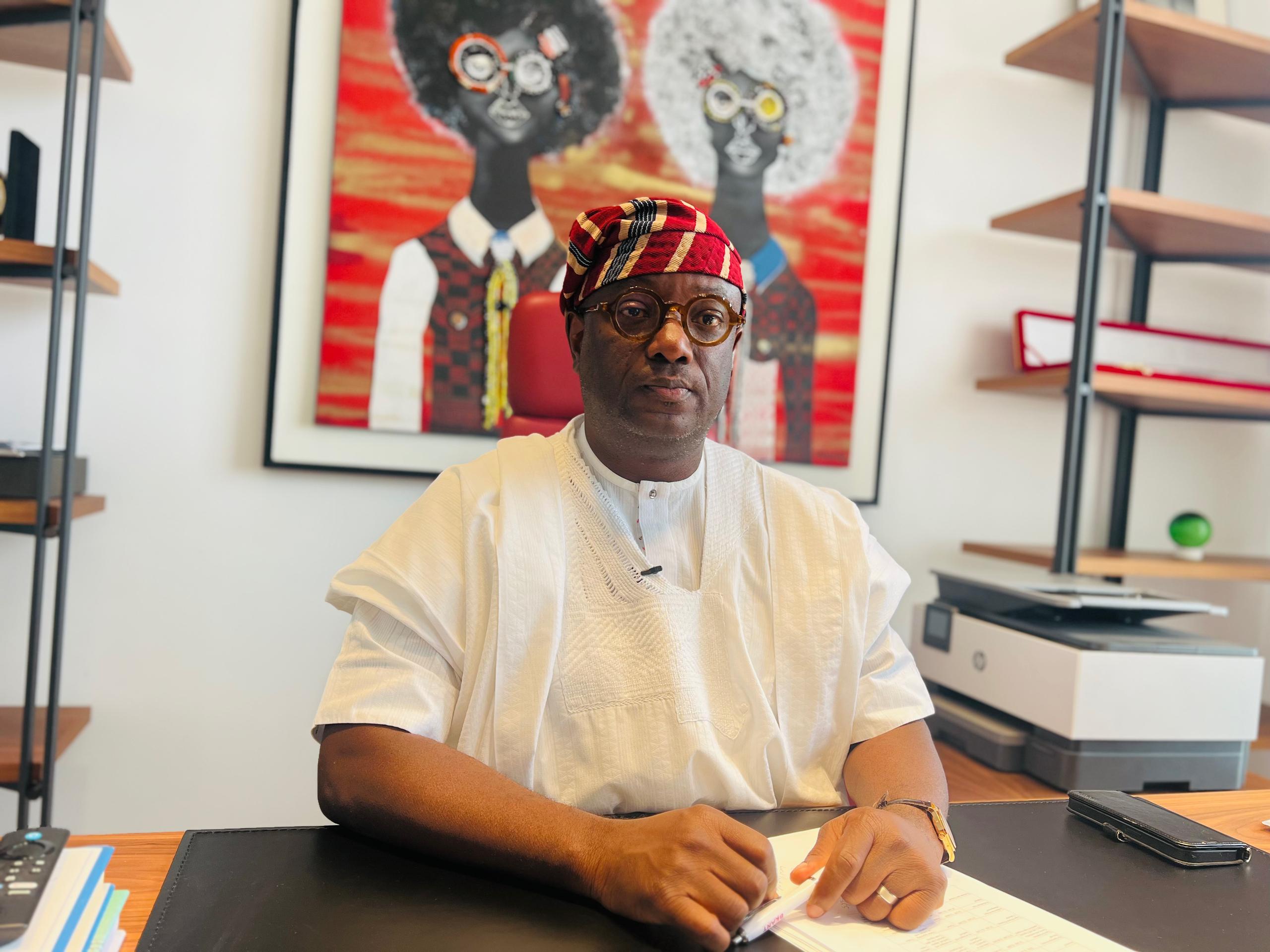
As Nigeria marks 65 years of independence, Chairman of the House of Representatives Committee on Defence, Babajimi Benson, says the country has pressed the reset button for genuine reform and long-term prosperity.
He urged citizens to remain patient as painful but necessary decisions taken by the current administration begin to yield results.
“I think it is just in the recent times that Nigeria has pressed the reset button. Reset button being we live the life of subsidy, exchange rate, not paying tax enough. We have pressed the reset button. No more subsidy for petrol, or exchange rate. I think it is a dawn of a new era. Very painful. But I think we need to build blocks to prosperity,” Benson said in an interview.
“Some people don’t like the president because of those tough decisions but if you look at the other people who contested against him, they all said they would take the steps he’s taking. Meaning that he has taken the best step for Nigeria without thinking of his political future.”
Benson argued that the reforms have been validated internationally, pointing to improved ratings for Nigeria and recognition of the Central Bank governor.
He believed the country is laying the foundation for sustainable growth, stressing that “in the fullness of time, we will be singing Asiwaju Bola Ahmed Tinubu’s name positively in the shortest possible time.”
On tax reforms, the lawmaker described the new tax bill as a game-changer that will protect low-income earners, encourage investment, and provide consistent funding for education and security.
“If you earn less than 800 thousand, tax free. If your business does less than 50 million, tax free. But it does a lot more than that,” he said.
According to him, the law now prevents foreign companies employing Nigerians from being double taxed, opening the door for more outsourcing jobs. He added that the reforms will create opportunities for young people and Nigerians abroad to work remotely for international firms without legal or tax complications.
“So with this, a lot of our youth, even who live abroad, can come back into Nigeria and work from home. A lot of them can even start advertising and showing that they are available to work for foreign companies and that company would not lose anything because it’s only that Nigerian that would be taxed. So it should sort of invariably cause unemployment figures to go down,” he explained.
The tax law, Benson noted, also has a development levy to support the Nigerian Education Loan Fund (NELFUND), ensuring that children of drivers and farmers can access tuition and pocket money. It further guarantees steady funding for the Armed Forces, police, and other security agencies.
Speaking on security, Benson highlighted the work of the Defence Committee in strengthening oversight of the armed forces and other agencies. He credited the National Defence College with providing lawmakers a clearer understanding of threats and opportunities in the sector.
“The National Defense College, when we started, was gracious enough to conduct a retreat for members. So they gave us an overview of what was going on, the threats, and how we as members of the committee can add value. So that is what informed a lot of reforms we were trying to undertake,” he said.
Among the reforms, he disclosed, is a bill to establish a medical educational centre for the Armed Forces to address shortages of doctors and nurses, as well as initiatives to convert military lands across the country into safe agricultural zones.
“The armed forces own a lot of land throughout the length and breadth of Nigeria. So if you are into farming, there’s no bandit or no kidnapper would go to the place they are farming. So with that they can also do partnerships. They can go into Benue for instance and set up a ranch,” he explained.
He further noted that the Defence Research and Development Bureau, already signed into law, as well as agencies like the Defence Industries Corporation of Nigeria and Defence Space Administration, are being leveraged to drive innovation.
On his constituency, Benson said Ikorodu has consistently received fair allocation of resources because of its performance at the polls and his track record of delivering projects.
“No, they do already, because to whom much is given, much is expected. I have been awake to attract very good solid investments into my federal constituency,” he said.
He pointed to the facilitation of nearly 100 roads, emphasizing infrastructure as a driver of economic empowerment.
“What I do basically is roads, roads, roads, because I remember what JFK said, that America is rich, not because it has money. America is rich because its roads make its people rich, its infrastructure. So if you have infrastructure domiciled in your location, the knock-on effect is crazy,” he said.
Benson also spoke about youth and civic engagement, saying families, churches, and mosques have a duty to instill responsibility and discipline. “They should impress on how to harp on how to be more responsible citizens, use hard work to make yourself rich, you should obey your parents, obey the leader, you should pray for your leaders,” he said.
He raised concerns over challenges in voter registration in Ikorodu, particularly with the influx of new residents and the large number of young people turning 18.
He said his office has facilitated the setting up of an ombudsman to address harassment of citizens and ensure issues around voter registration are resolved.
Looking ahead, Benson listed constitutional review, state police, amendments to the Electoral Act, women’s representation, and local government autonomy as legislative priorities once the House resumes.
He also said he has proposed a bill to remove capital punishment for pregnant women.
On the role of the legislature since 1999, Benson argued that despite decades lost to military rule, the National Assembly has made significant progress.
“The legislature has been in existence for the least time, number of times, because for 35 years, it went through military rule. So they cancelled or they suspended the legislature during those times. But are we doing well? Yes, I think we’re punching beyond our weight. We passed very earth-shaking bills. We’re still gonna pass,” he said.
He described local government autonomy as a potential “game changer” and called on state governments to take advantage of their increased allocations and constitutional powers to drive power generation, agriculture, and education.
“The state governments are getting three times the amounts of money they were getting in the past. So they are awash with money. They have the powers to make electricity. It has been decentralized. Government generates maybe 6,000 megawatts. So if the 36 states can do two thousand megawatts each, Nigeria won’t be where we are today.
“My message for Nigerians is that, Nigerians, please be patient. We’re building blocks to prosperity. Nigeria is in the trigger of Africa.
Huge potential, huge youthful potential, huge mineral deposits. From the chaos that we inherited lies a lot of prosperity. Please Nigerians be happy.
There’s a silver lining out there. Nigeria shall be great and greater than we all think.”
END
-
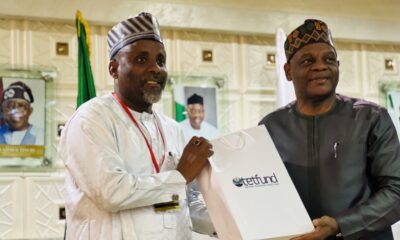
 Uncategorized2 days ago
Uncategorized2 days agoNUJ partners TETFUND on improved educational development, seek more funding for sector
-

 Feature1 day ago
Feature1 day agoBiography of Tunji Disu, the newly appointed Inspector-General of Police
-

 News2 days ago
News2 days agoICPC arraigns Ebonyi official over alleged N61m fraud
-
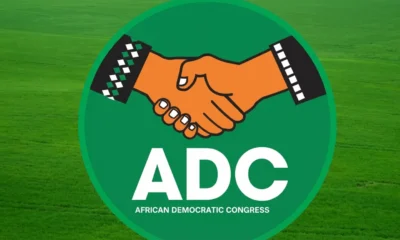
 News2 days ago
News2 days agoCrisis rocks ADC in Edo as party leaders shut out of Odigie-Oyegun’s meeting
-
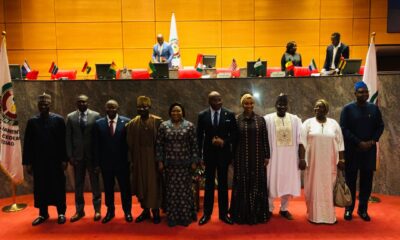
 News2 days ago
News2 days agoECOWAS Parliament Urges stronger democracy, faster AfCFTA implementation
-

 News2 days ago
News2 days agoOkpebholo has laid foundation for Tinubu’s re-election – Wike
-

 National News1 day ago
National News1 day agoBREAKING: Tinubu removes IGP Egbetokun, names successor
-
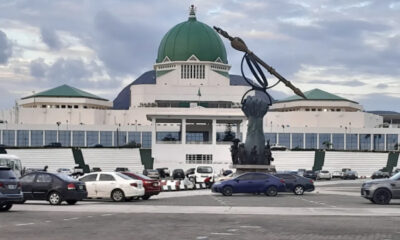
 Uncategorized2 days ago
Uncategorized2 days agoBREAKING :Nass shifts plenary Resumption to March 5


